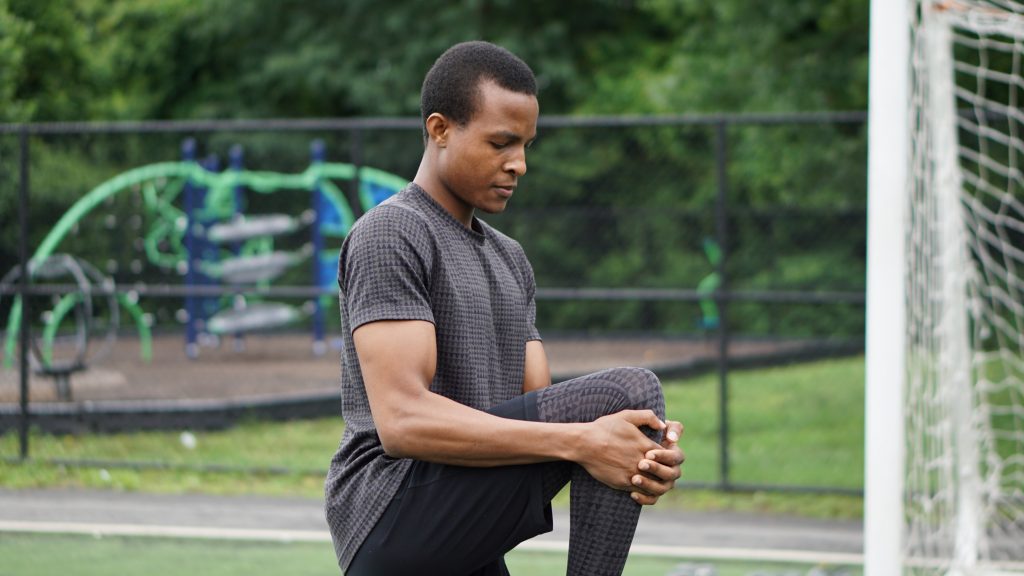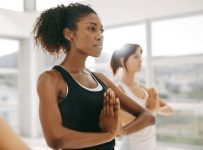Physical activity has always been an important component of health. Today, it’s become one of the primary concerns due to the changed lifestyle of a significant part of the population. Even those who don’t work or study from home still have to spend their free time at home mostly when lockdown rules become stricter.
Life with little to no movement can in the end cause:
- mobility issues;
- bad posture and slouching;
- depression (which, in turn, leads to issues with appetite and sleep patterns).
While it is quite hard (although still possible) to fight the symptoms above after they have already presented themselves, it’s easier to prevent them. You’d probably agree that it’s less stressful and more effective to google ‘pay someone to write my paper’ a week or two before the deadline than at the very last minute. The same logic applies for health.
However, it’s never too late to become more physically active. You’ll have to put more effort, but the results will be even more rewarding in this case. Anyway, whatever struggles you may face, here are the tips on how to overcome them gradually and without stressing out.
Start With Warm-Ups
Baby steps may not seem like an option for ambitious people, but the ambitions themselves can be the main hurdle. If you want to move ahead with serious exercises after having spent months on your couch or in a chair in front of the computer, prepare your body first.
Make it a habit to do a 5-minute exercise each day. Systematic efforts – even small ones – show results in the end. As you notice those results, the passion for sports will ignite. Just do not rush it.
Even when you start actually exercising, warm-ups are still a must. They do not only make you move with much more ease but also prevent trauma during complex physical activities. Moreover, it’s too hard to focus on practicing some specific techniques of passing a ball when you feel like your body is not flexible enough to even run at a decent tempo.
Choose Harder Paths
As you feel prepared for something more challenging than warm-ups, look for the little opportunities to have a short exercise. Use the stairs instead of the elevator. It’s not obligatory to go on foot through all the 20 floors. Walk as much as you can and take the elevator as you start feeling exhausted.
If you live on the lowest floors and don’t feel like a 40-second walk will make a difference, try running up the stairs. Choose a supermarket that’s located further than across the street or get off the bus a stop earlier to walk home for 10-15 minutes. There’s a number of options to start with.
Google the Basic Rules
If you start trying to run every day by simply going outside and darting down the track, it won’t end well for you. Without knowing how to breathe and set your foot on the ground correctly, you will get tired too fast. Usually, that’s how the first attempt at jogging becomes the last one.
Ask a friend, your coach, or Google. They will gladly give you some hints on what’s better to avoid and what to start with. For instance, beginners often should start with simple or extended walks. After that, you can add short running sessions at the end of your training.
Such an approach helps you to prepare your muscles and ligaments for more intense running. It improves your body’s resilience. Meanwhile, rushing the progress will rather discourage you due to the relevant complexity of the exercise you chose.
Use Mobile Notifications
Smartphones are the things people look at more often than at anything else during their day. So, they can be especially useful for those who haven’t developed a habit to exercise regularly. After you see a notification about some activity for the fifth time, you’ll probably not forget about – and finally complete – it.
Everybody knows that calendars in our phones can substitute a paper planner. Yet, many keep ignoring the simple function of the reminders you can automate almost in full and for free. They are great helpers at developing good habits like warm-ups or intense exercises on a daily basis.
Involve Other People
Some prefer exercising together with their friends or even participating in sport flash mobs with random people. It doesn’t matter whether you live close to each other or not. Of course, physical proximity is convenient, but online flash mobs have also proven helpful. There are numerous of those related not only to sports:
- healthy marathons like having a sugar-free diet for several weeks;
- drawing each day and sharing the works online;
- therapeutic workshops, etc.
If you have an opportunity to spend some time with your friend, try arranging a meeting on a playground to play baseball, football, badminton, or even ping-pong. Passive leisure is rarely that memorable. Meanwhile, the active one doesn’t only diversify the ways you spend your free time but also helps to develop new skills, have fun, and bond with the people you like.
To Sum Up
The tips above are related to getting used to being physically active almost every day. Be sure, after you follow them, the desire to exercise more seriously will grow more and more. The point is, wait till you’re ready to have a whole sports session or participate in a basketball match.
The last tip would be to start with something you really like. You don’t have to go to a gym if you hate that place with all your guts. You mustn’t have a run or do yoga just because most people do that. The world of sports offers dozens of options to choose from. Make a wise choice.
You can view the original article HERE.


























:quality(85):upscale()/2025/04/17/966/n/1922564/69dc205568017c7cad79f2.40744747_.png)


